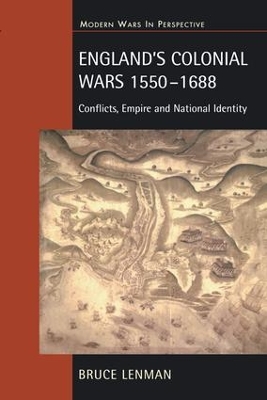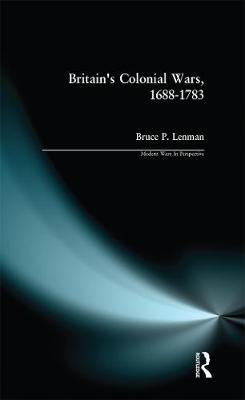Modern Wars In Perspective
2 total works
Bruce Lenman's hugely ambitious study explores three interacting themes: the growth of England's sprawling colonial empire; its military dimension; and the impact of colonial warfare on national identity. He starts in Ireland, with the renewed assault of English settlers on the Irish Gaeltacht. Under the (Scottish) Stuarts, England then began a dramatic expansion across the North Atlantic. In America, the 'Indian Wars', fought with minimal Crown support, helped forge an independent military capability among the colonists; while, in the West Indies, slave numbers and French intervention forced English settlers into a new dependency on the Crown. In India, the East India Company achieved ascendancy by sepoy armies under British control. These were very different kinds of empire; and a showdown became inevitable. The climactic conflict, the American Revolution, would not only dictate the future shape of colonial expansion, but also decisively reshaped the identities of all the participants.

